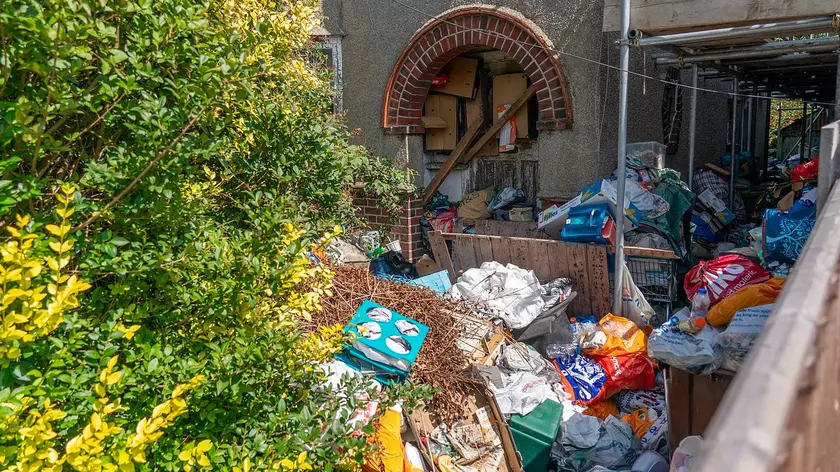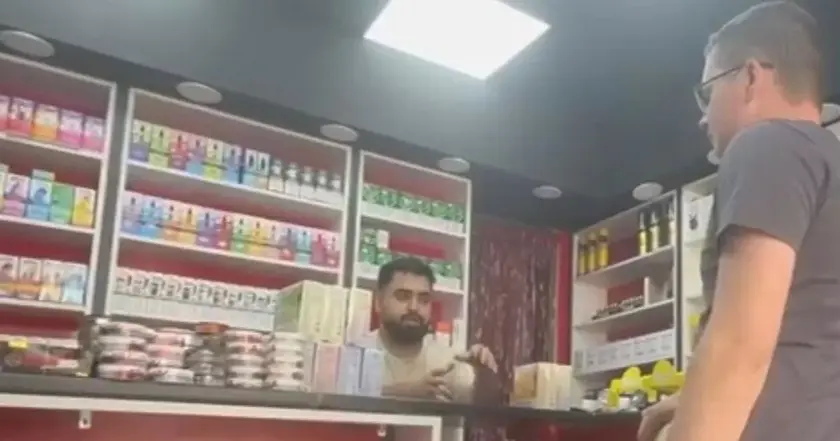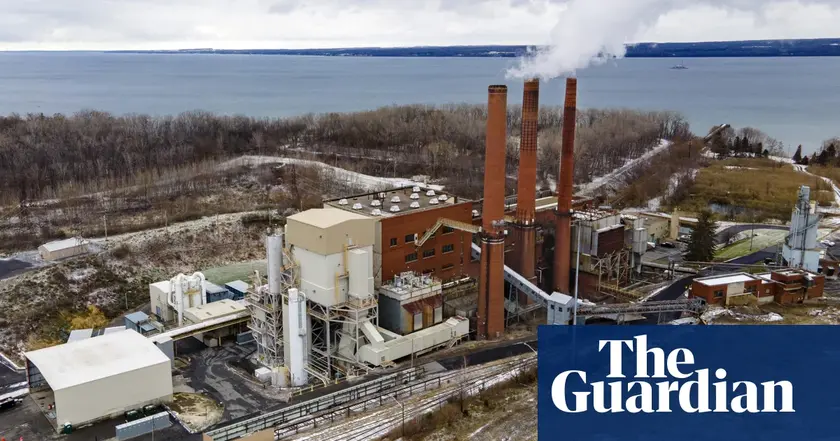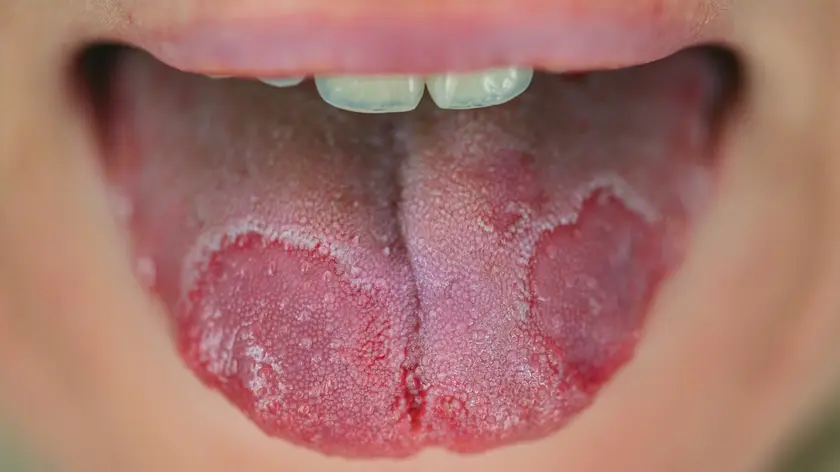T4K3.news
Hoarded home in St Albans raises health and price concerns
Neighbors say a hoarder has turned a quiet street into a health hazard and is hurting local property values.

Residents of a sought after St Albans street say a hoarded neighbour has turned the area into a health risk and a drag on home prices.
Hoarded home in St Albans drags down street value and stirs anger
In St Albans, Hertfordshire, residents say an 80 year old neighbour named Roger has turned the front drive and garden of his house into what locals call a landfill. Rubbish piles reach the top of the front door, with smashed windows, no heating or water, and a prop holding up the front. The smell has drawn flies and rats and has prompted repeated complaints to the council. Roger reportedly leaves home once a day and then returns with more waste, insisting that the items are for recycling. Neighbours fear the block will become derelict and value of nearby homes will drop. The average house price in the area is around 700000 pounds.
Council officials say the situation involves a private property and that there are limits to what they can do. The environmental enforcement team has intervened several times, removing material and charging the owner for work, and other agencies have been involved. Residents express frustration at what they view as delayed or limited help, and some say the street has been neglected for years. Local tradespeople speculate that the house could be rebuilt once cleared, while some neighbours acknowledge the owner may have mental health needs and has refused offers of assistance.
Key Takeaways
"This street is a health hazard"
Resident describing conditions
"Rats in the garden are a warning sign"
Local tradesman noting pests
"We need action not excuses from the council"
Resident calling for accountability
"The house must be addressed for the street to recover"
Neighbor expressing view on outcome
This case tests the balance between private rights and community health. Hoarding often intersects with mental health needs, yet it creates real costs for neighbors. The council shows that its powers over private homes are limited, forcing residents to rely on enforcement and public health measures that can take years. The drama here is not just a mess but a test of public trust in local institutions.
This instance may push a broader debate about how to support hoarders without eroding neighbor trust or depressing housing values. Authorities need clear processes, better funding for enforcement, and options for supportive interventions that protect public health while respecting individual circumstances. For the street, action must be visible and timely, not promises that accumulate like the waste.
Highlights
- This street is a health hazard
- Rats in the garden are a warning sign
- We need action not excuses from the council
- The council must provide real help now
Public reaction and political risk over council response
The situation has sparked complaints about health hazards and property value loss. If not addressed promptly, it could trigger public backlash and political scrutiny over how private hoarding cases are handled and funded by local authorities.
A cleaner future for the street will require steady support from authorities and community care.
Enjoyed this? Let your friends know!
Related News

Illegal vapes and counterfeit cigarettes found in Wales

Trump advocates for cryptocurrency mining amid noise complaints

Mother fights to save her daughter from mental illness

Experts question value of trendy wellness smoothies

Merseyside jails 66 criminals in July

Chloe Roiser's breast surgery in Turkey leads to life-threatening complications

Illicit vapes and counterfeit cigarettes found in Welsh shops

Study links cancer cases to Coldwater Creek radioactive waste
